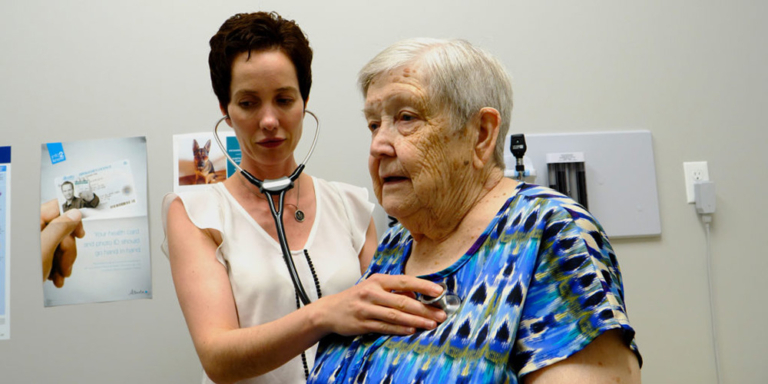Sundre, Olds, and Innisfail residents now have better access to addiction and mental health services with the launch of crisis response teams in these communities.
As of January 19, 2023, a team of Alberta Health Services (AHS) addiction and mental health workers will be on-call during evenings and weekends. This includes mental health therapists, registered nurses, and addiction counsellors.
This is Alberta’s answer to a growing number of opioid-related deaths in the province. In 2019, just under 80% of drug poisoning deaths were caused by opioids.
While the number of overall deaths caused by drug poisoning is down in the province, the number of opioid-related deaths jumped by 93% in 2022.
“Alberta’s government is building a comprehensive recovery-oriented system of addiction and mental healthcare…We are working with Alberta Health Services to ensure individuals have timely access to treatment and recovery resources,” said Minister of Mental Health and Addiction Nicholas Milliken.
The launch of crisis response teams across the province is Alberta’s latest move in its battle against drug-related deaths. These teams will provide on-call counselling and support on Fridays from 4:30 PM to midnight and 8 AM to midnight on Saturdays, Sundays, and statutory holidays.
These resources will be available at the Olds Hospital and Care Centre, Innisfail Heath Centre, and Myron Thompson Health Centre emergency departments.
In addition to the Sundre, Old, and Innisfail areas, Alberta has launched crisis teams in Drayton Valley, Wetaskiwin, Ponoka, Lacombe, Rimbey, Rocky Mountain House, Calgary, and Edmonton.
“Our government will continue to improve access to addiction treatment and recovery supports by building recovery-oriented systems of care to save more lives and drive deaths down further,” continued Milliken.
While Alberta is doing what it can to get a handle on a growing number of opioid-related deaths in the province, every life lost is one too many.






